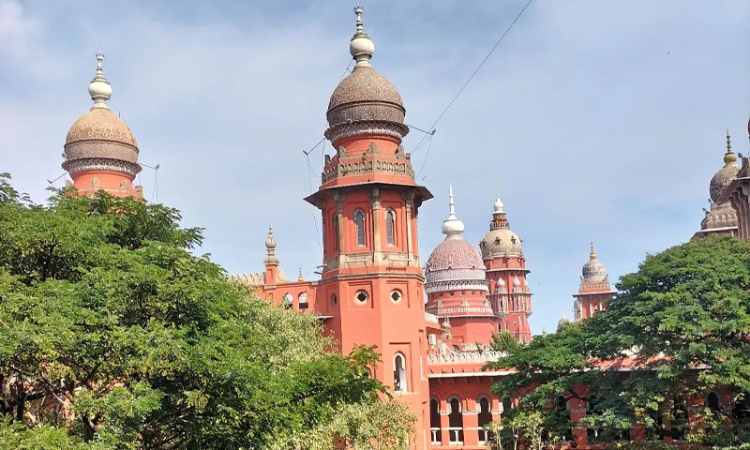Madras High Court Quashes Case Against 13 Protestors Who Allegedly Raised Slogans Against National Education Policy 2020
Sparsh Upadhyay
8 Oct 2022 10:10 PM IST

Next Story
8 Oct 2022 10:10 PM IST
The Madras High Court recently quashed a case against 13 persons who had allegedly raised slogans condemning the implementation of National Education Police 2020 by the Union Government, without getting prior permission from the concerned authority.The bench of Justice G. K. Ilanthiraiyan quashed the entire proceedings of the criminal case pending on the file of Judicial Magistrate No.II...
